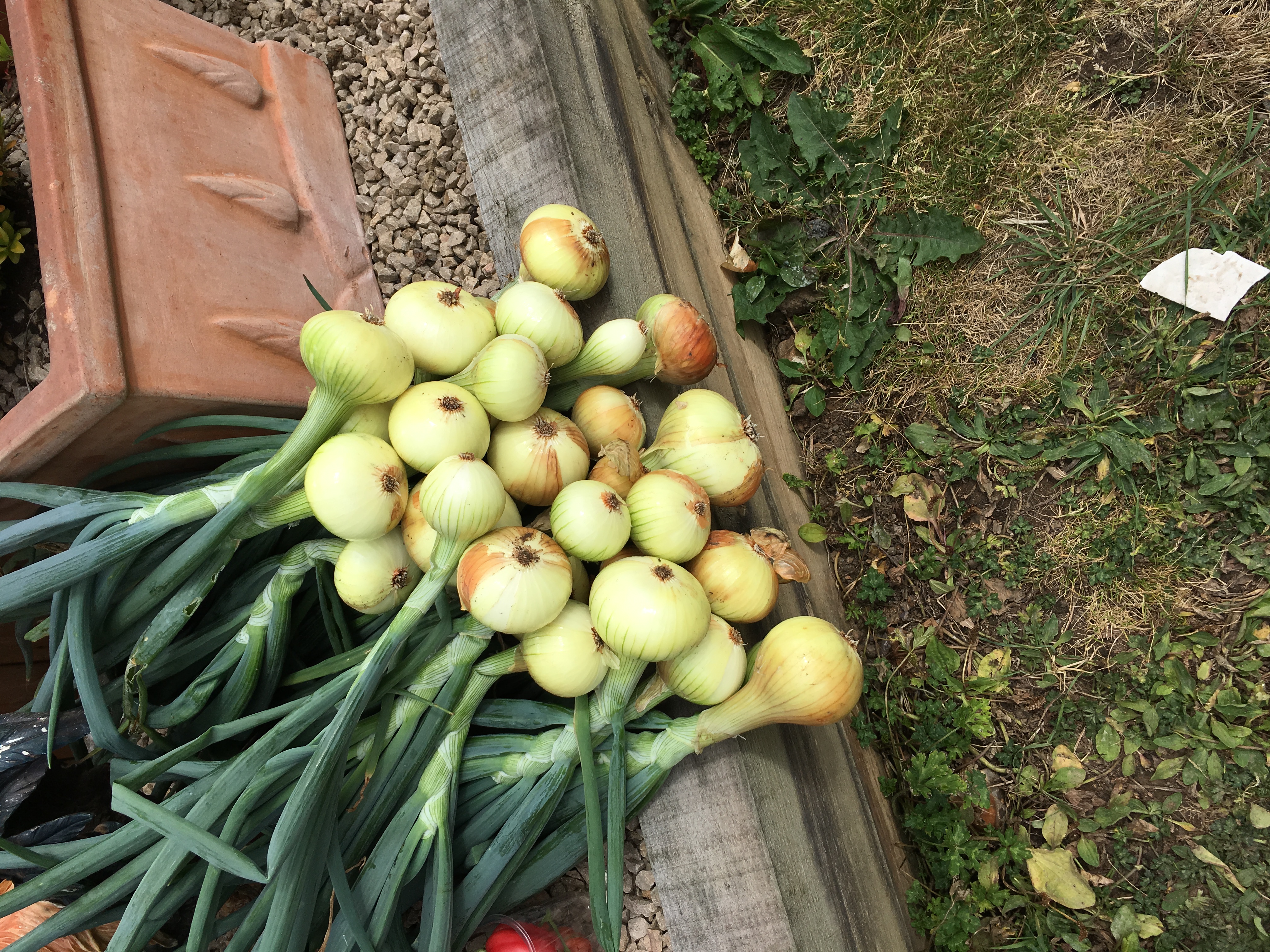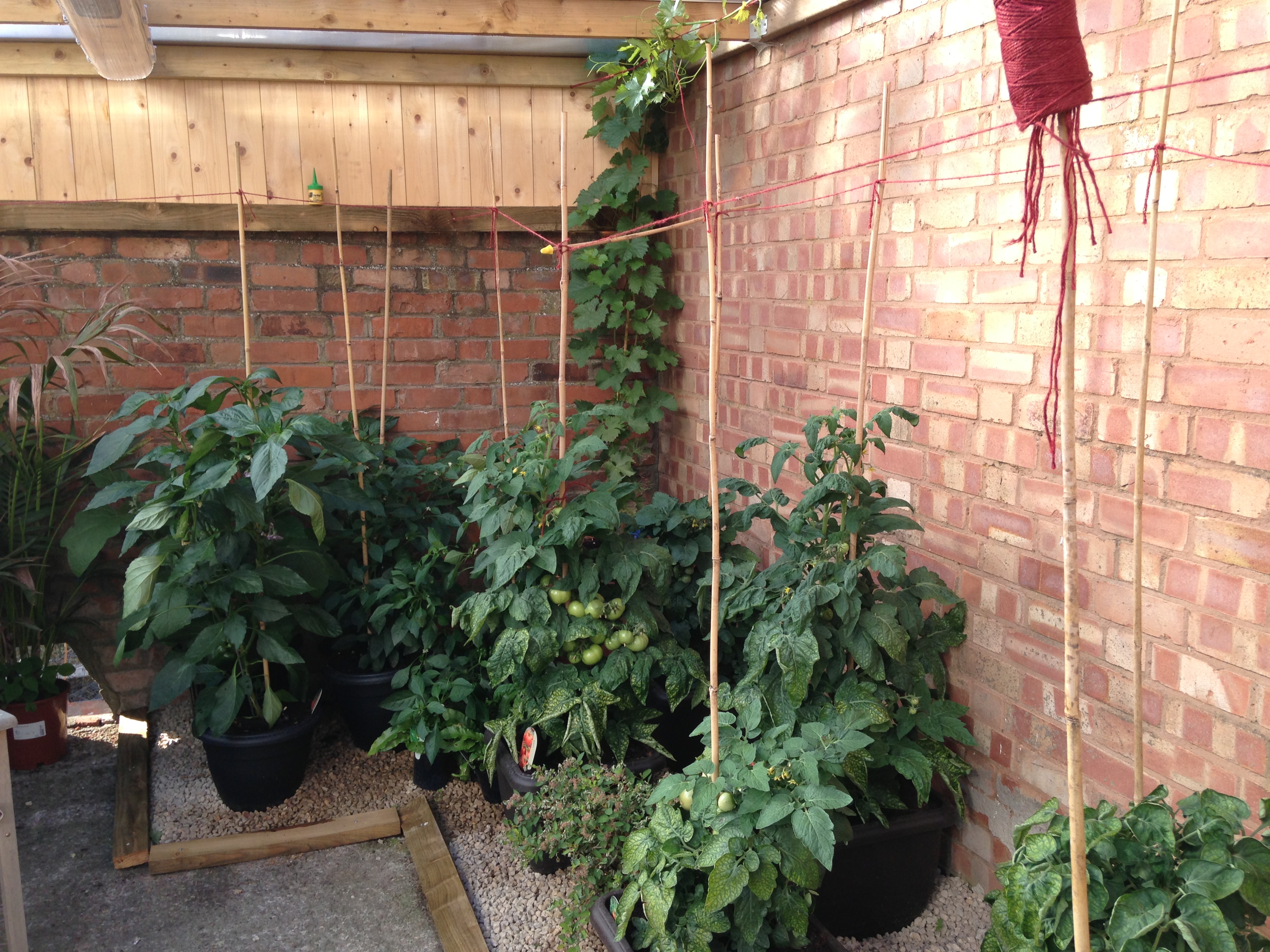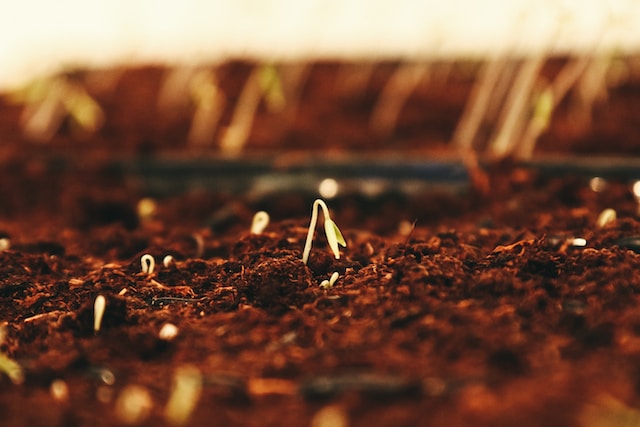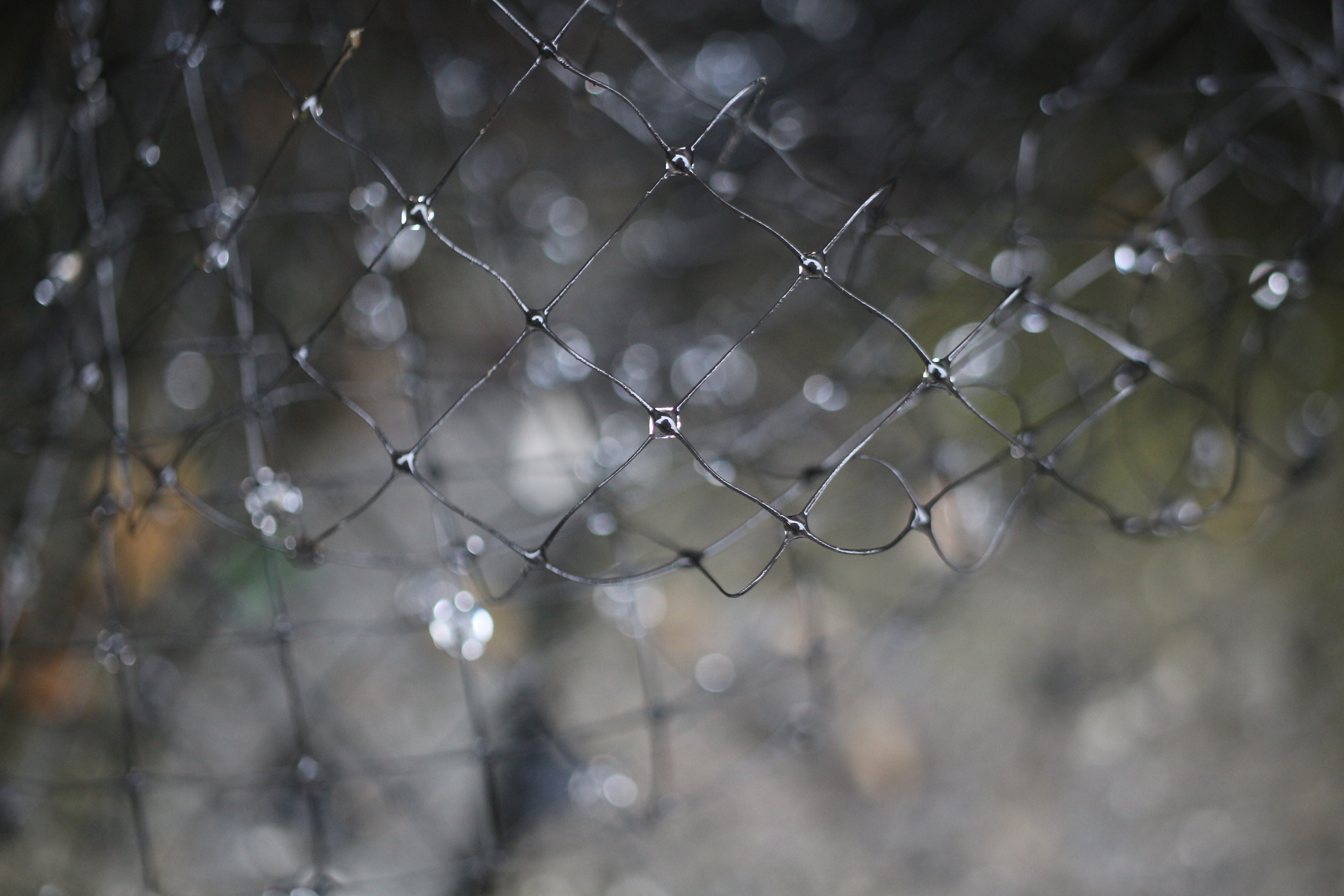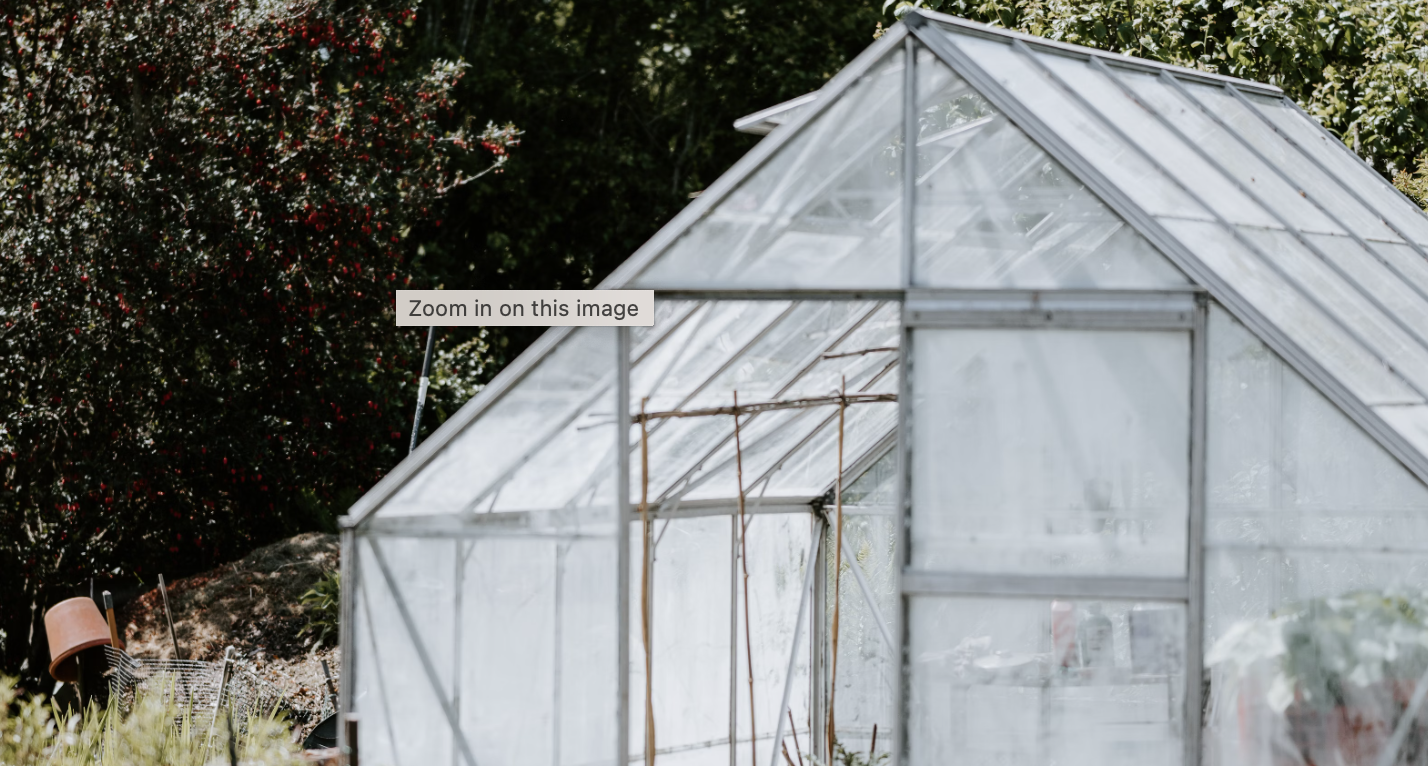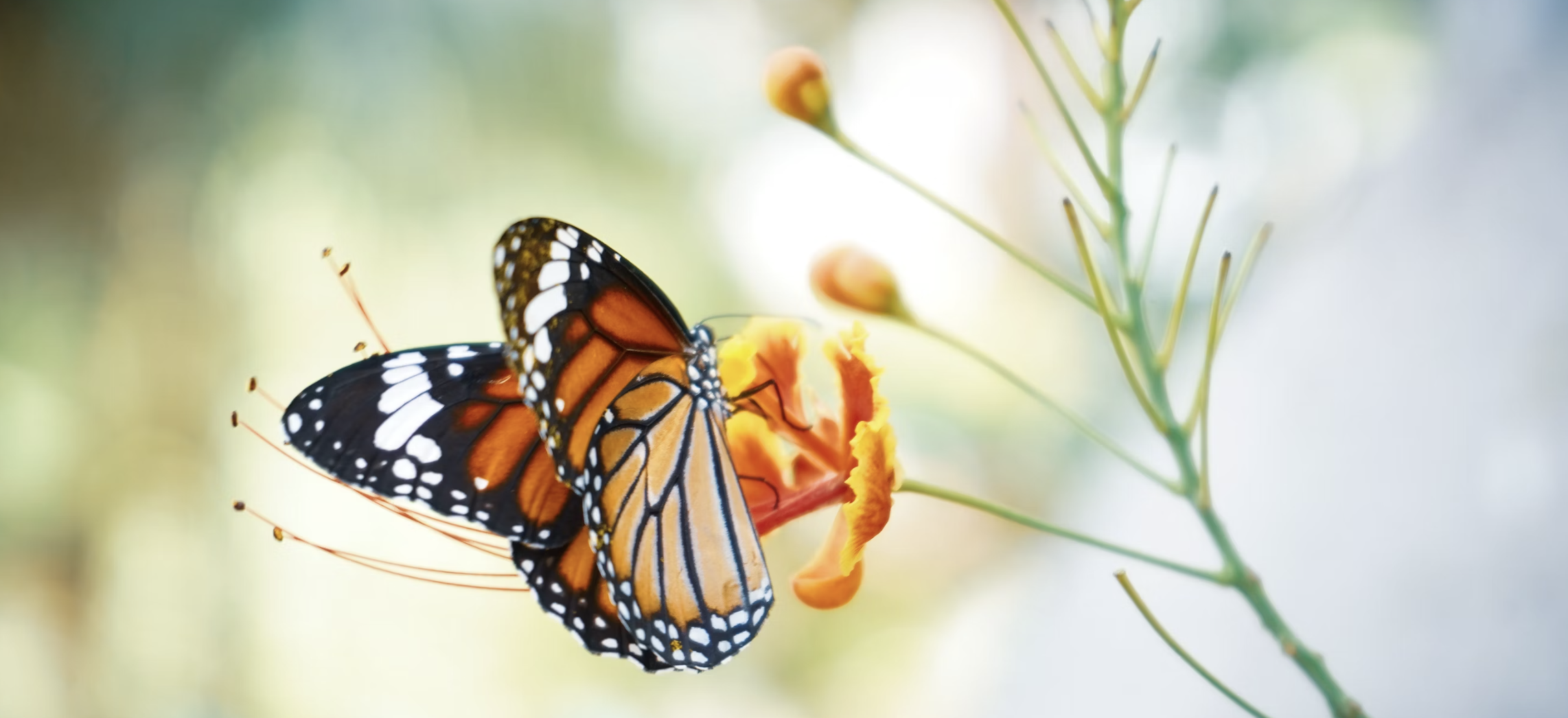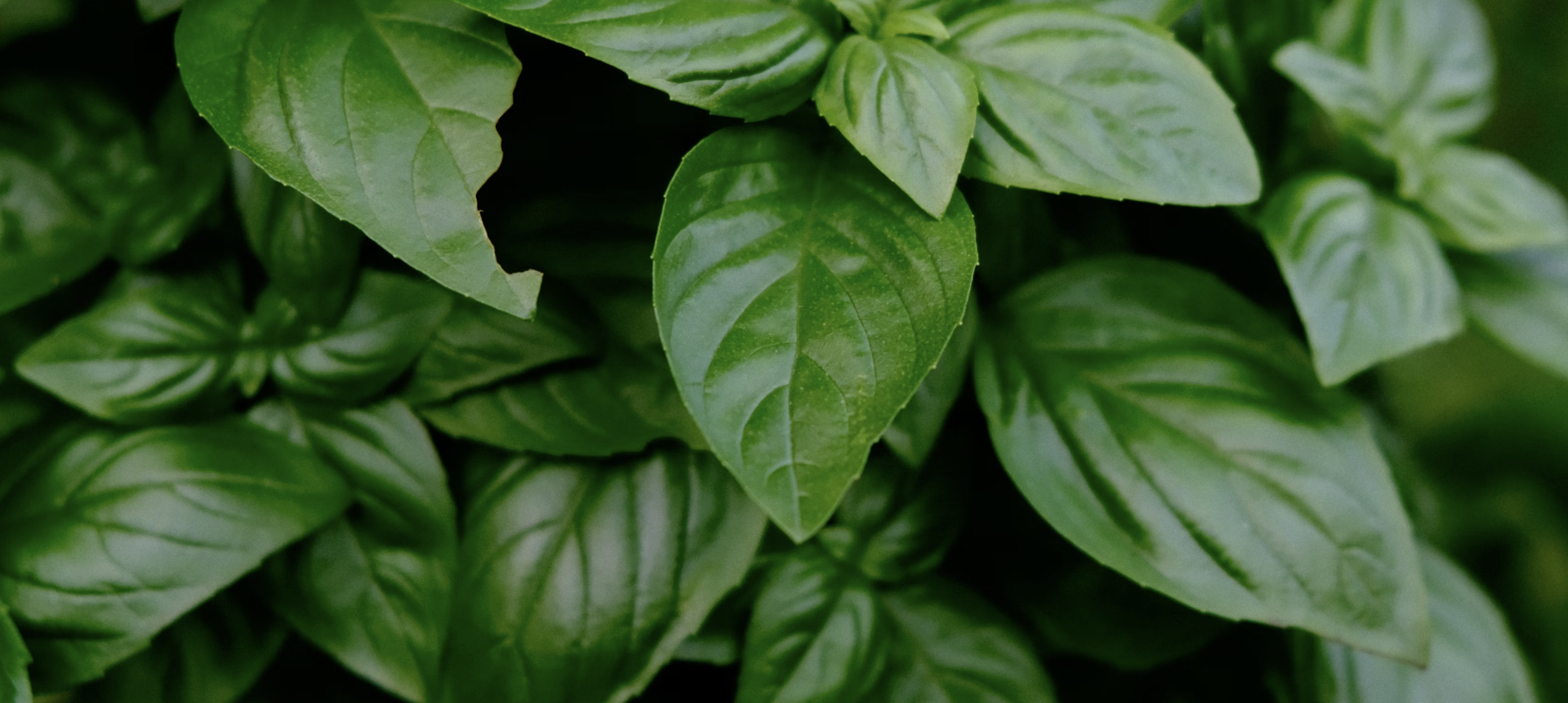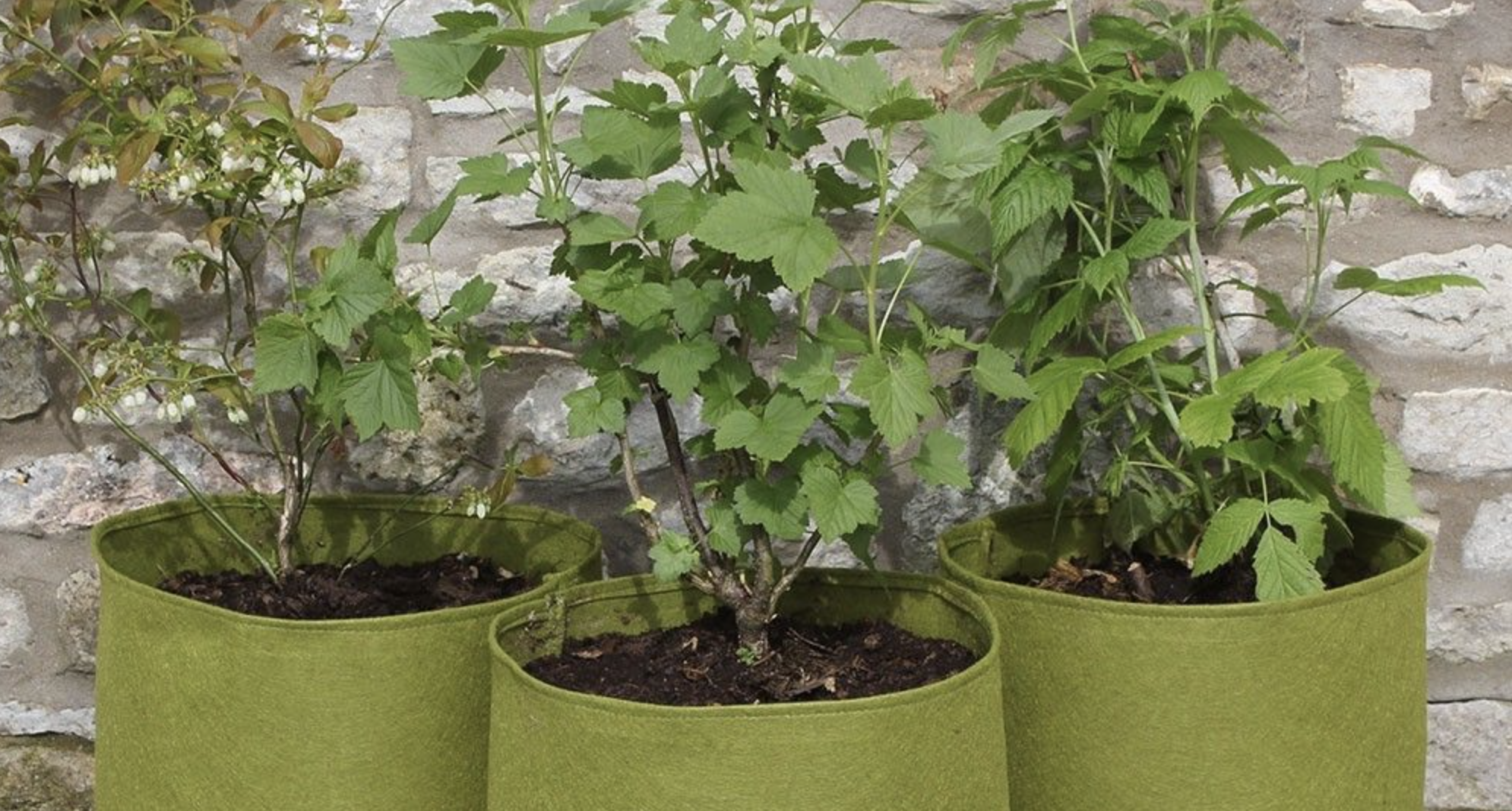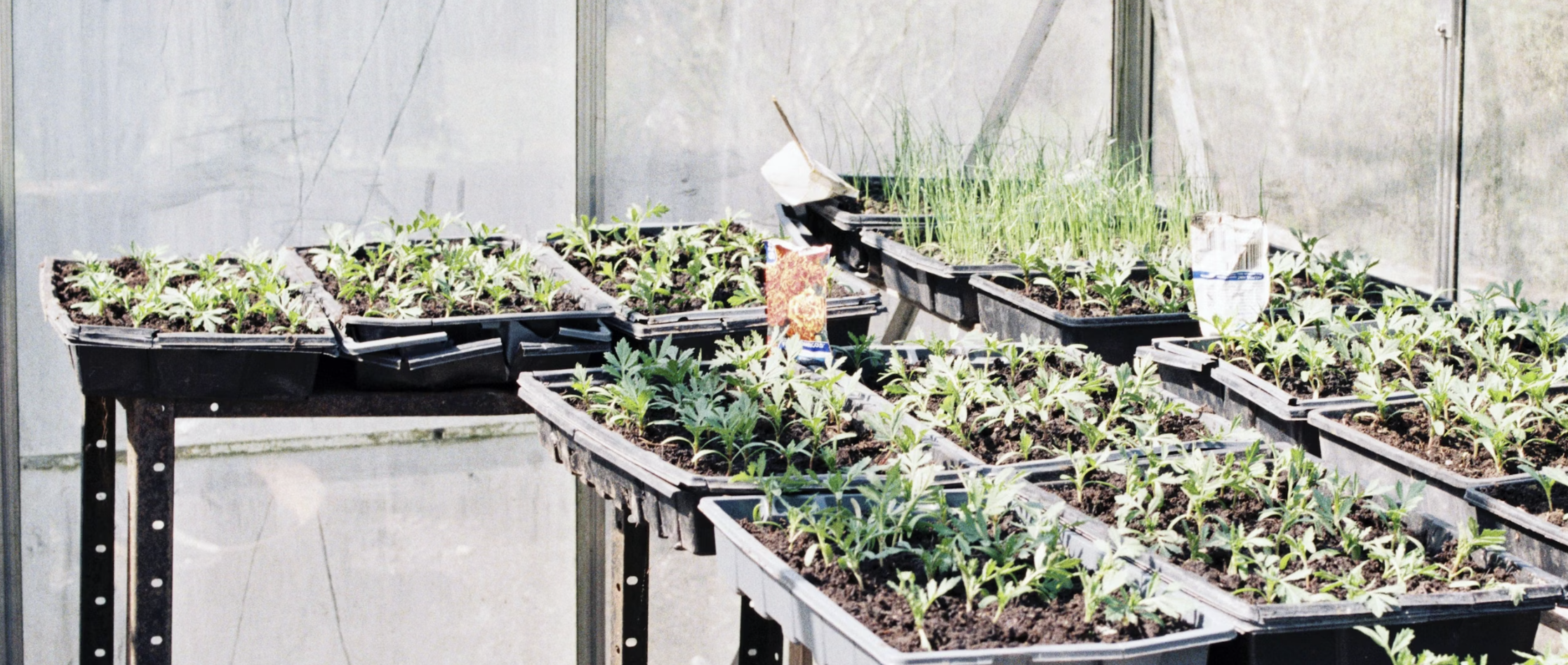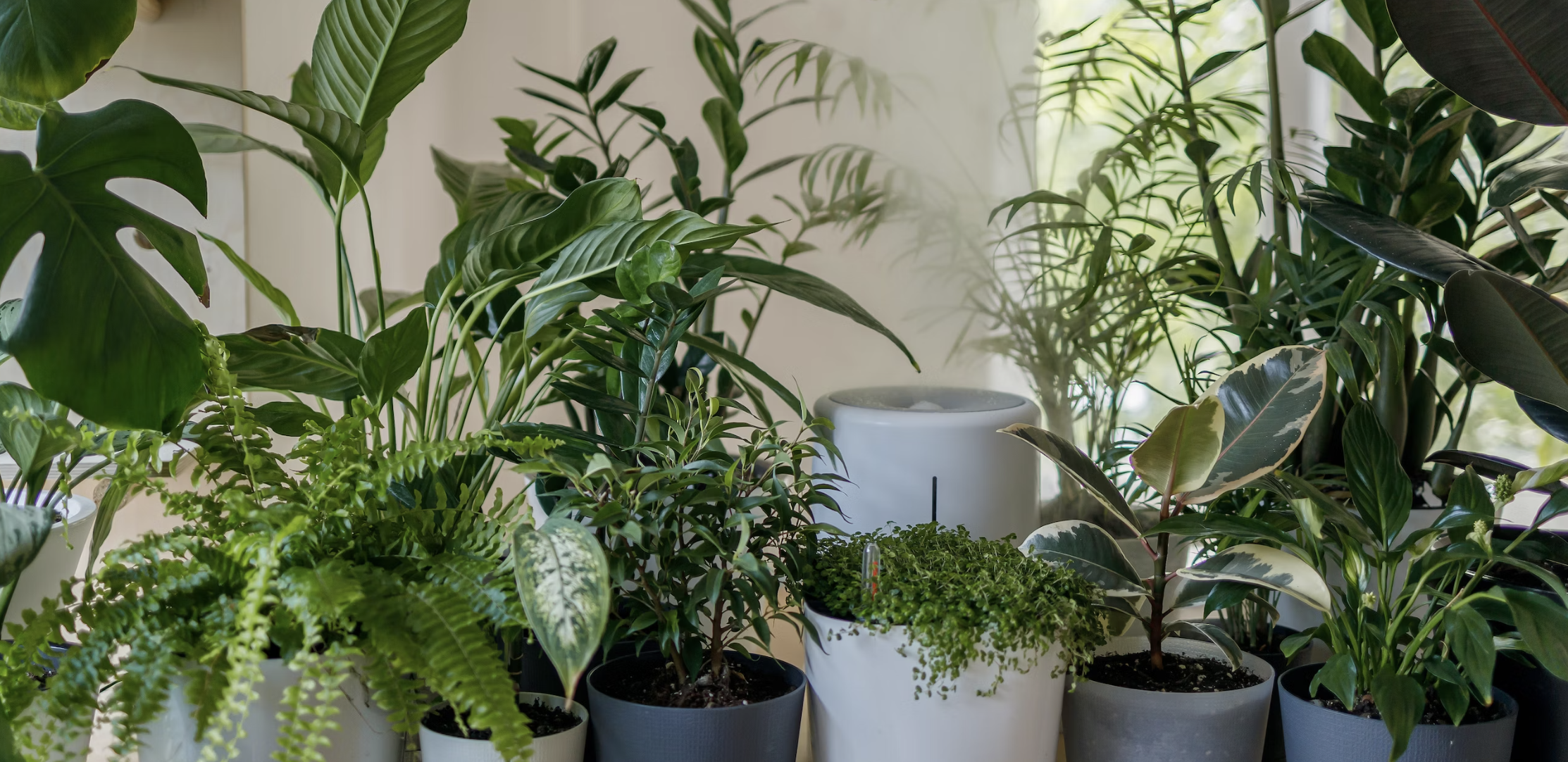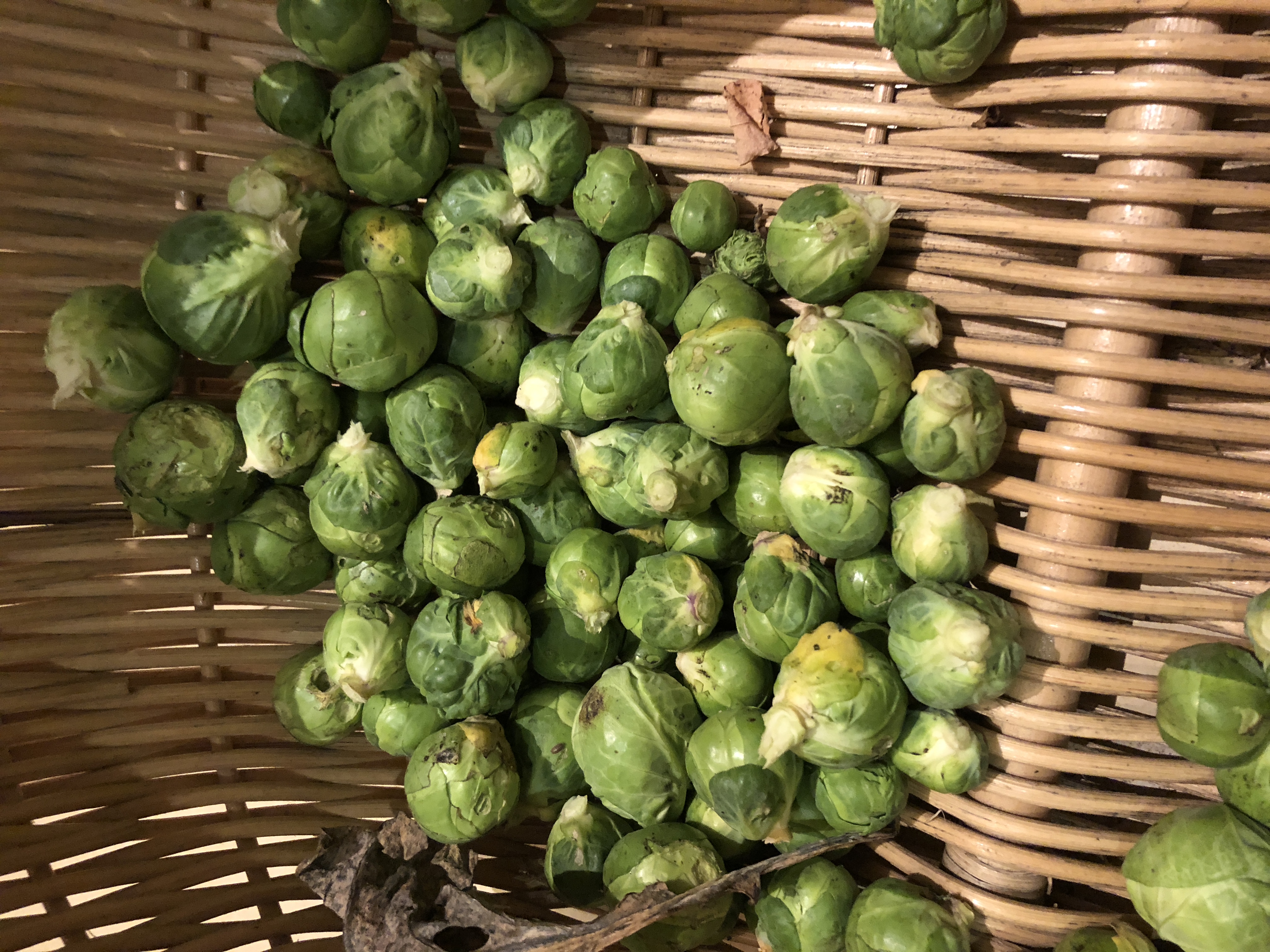
Garden netting can be a valuable tool in organic gardening, serving various purposes such as pest control, plant support, and protecting crops. Here are some ways you can use garden netting in your organic growing practices:
-
Pest Control:
- Insect Netting: Use fine mesh netting to protect your plants from common pests like aphids, caterpillars, and other insects. This can create a physical barrier that prevents pests from reaching your plants.
- Bird Netting: Protect fruit crops from birds by using bird netting. This can be particularly useful for berries, grapes, and other fruits that birds find attractive.
-
Support for Vertical Growth:
- Trellising: Netting can be used as a support structure for vining plants like tomatoes, cucumbers, and peas. This helps keep the plants off the ground, improving air circulation and reducing the risk of diseases.
-
Shade Netting:
- Sun Protection: In hot climates, you can use shade netting to protect plants from excessive sunlight. This is especially useful for delicate plants that may suffer from sunburn.
-
Floating Row Covers:
- Frost Protection: Use lightweight garden netting as a floating row cover to protect plants from early or late frosts. This can help extend the growing season.
-
Deer and Larger Animal Deterrence:
- Heavy-Duty Netting: In areas where deer or other large animals are a problem, use sturdy netting to create a barrier around your garden. This can help prevent them from accessing and damaging your crops.
-
Companion Planting with Netting:
- Support for Companion Plants: Use netting to create a structure for climbing plants that can act as companion plants. For example, planting beans near corn and using the netting for support can be a symbiotic relationship known as the Three Sisters planting method.
-
Hydroponic and Vertical Growing:
- Net Cups for Hydroponics: If you are practicing organic hydroponics, net cups can be used to hold plants in nutrient solutions. This allows the roots to grow through the cup and into the solution while providing support.
-
Compost Protection:
- Covering Compost Piles: Use netting to cover compost piles, protecting them from pests and helping to maintain proper composting conditions.
When using garden netting in organic growing, it's essential to choose materials that are safe for the environment and do not introduce harmful chemicals to your garden. Additionally, regularly inspect and maintain the netting to ensure it remains effective in protecting your plants.




